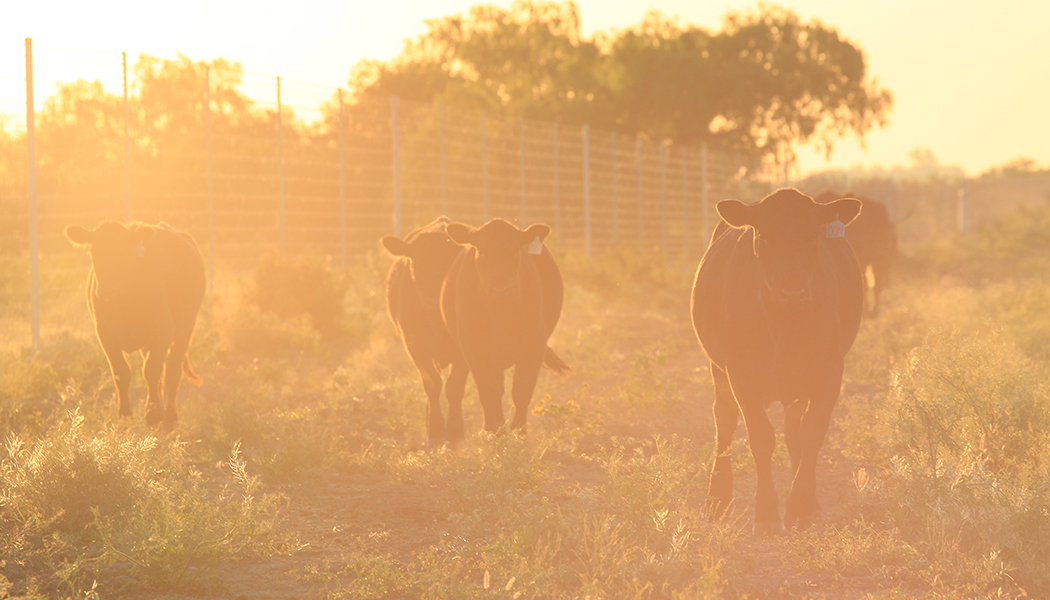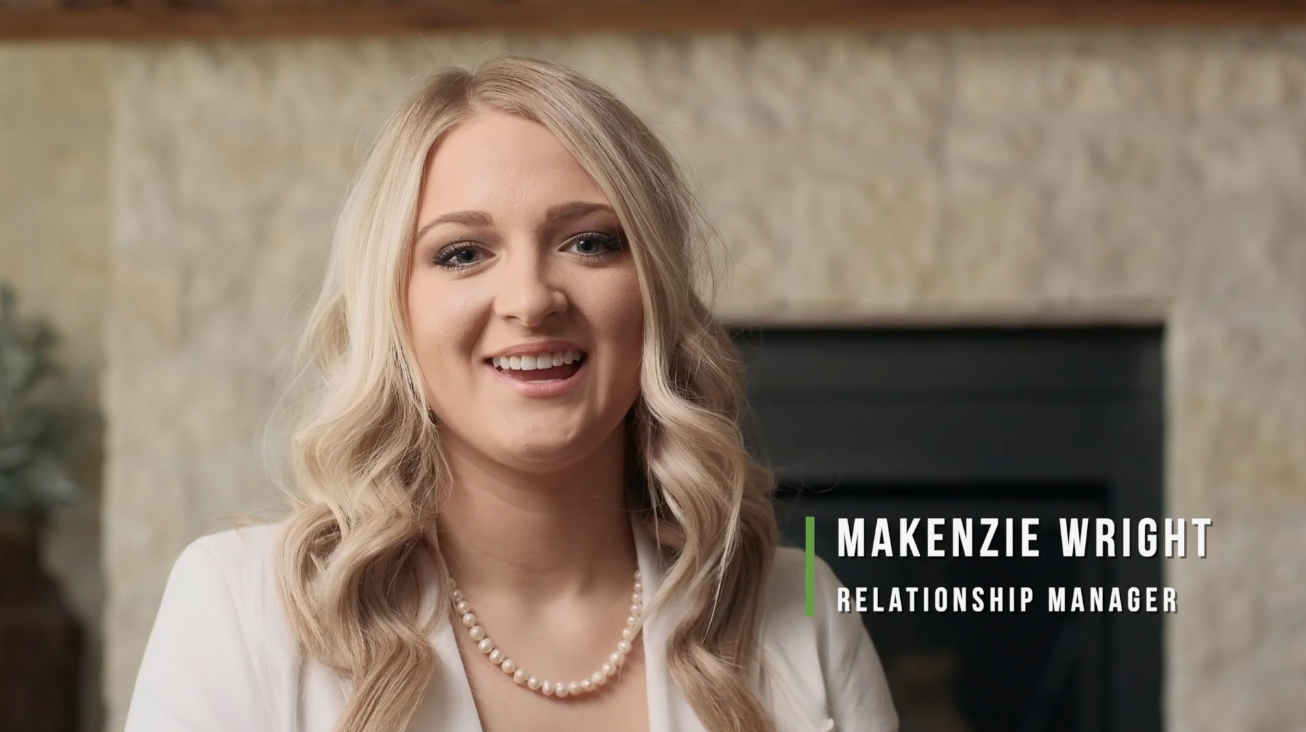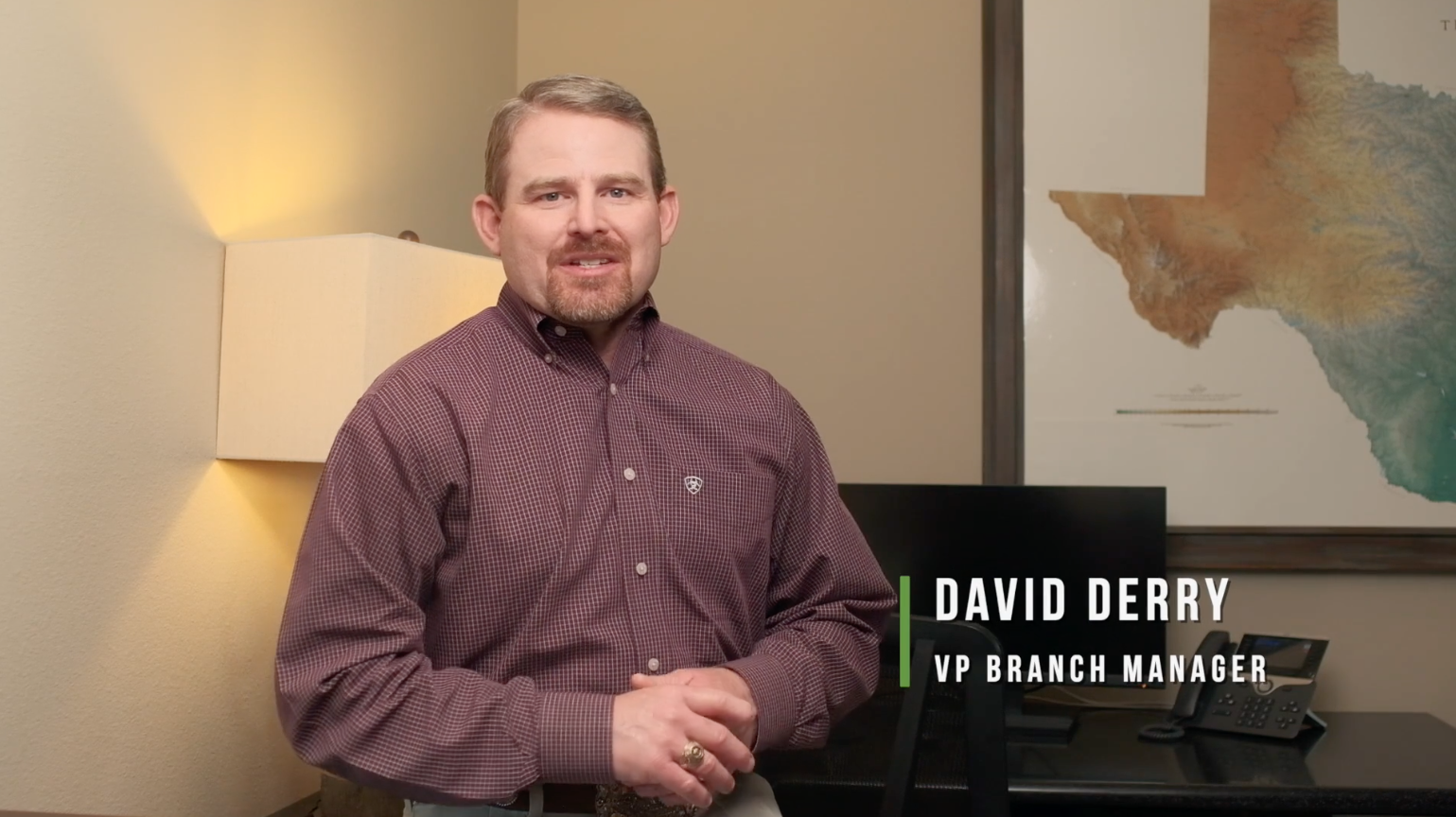April 13, 2021 |Landownership

Land Considerations
When you’re dreaming about buying land in the country, don’t forget to do your homework. Review this checklist before you buy that special property.
Location
It’s the most important factor whenever you buy real estate. Consider what your needs are now and what they will be 10 years from now. As your family grows, will the location help or hinder your family’s ability to enjoy the property? If you’re choosing a rural location, how much infrastructure might you require to meet your needs (access to major interstates, shopping, health care, etc.).
Use
What are you buying the land for? Do you want to build on it? Maybe live there one day? Does the topography meet your needs? Do you want a pond or pasture? Do you plan to harvest the timber? Will its best use be a hunting tract? Make sure you take time to look down the road and decide exactly what you want the land to be-and-do for you.
Types of Land
Sometimes, it comes down to understanding how much money you want to spend in the long run. What kind of land are you buying? Are there utilities that can be brought to your property? Will you need to maintain roads?
Zoning
It’s important to understand if future development can happen near your property. If you build a cabin or home, does it have to be in a certain location or distance from the property line? Is land around you government-owned or managed? Is there restrictive zoning?
Permitting
Will you be able to put a septic/well on your property? That kind of question should be asked in advance, as some jurisdictions have limited restrictions in terms of permitting and some are more comprehensive. Understand what kind of permits you’ll need to have the finished property you want
Restrictive Covenants
These are legal obligations imposed on the buyer. Typically, there are few, if any, restrictive covenants when purchasing rural property; however, depending on the community you are purchasing in, it’s important to ask the question, especially if you are unsure what you will be doing with your property several years down the road.
Utilities and Roads
If there aren’t any utilities or roads, you’re responsible for putting them in. Power, water, gas, septic and cable will all have to be brought to the property, even if you’re planning a simple cabin in the woods.
Easements
An easement is someone’s legal right to use your property for a stated purpose. Easements typically transfer with an ownership change. Even if an easement isn’t currently being used, don’t assume that will be the case into the future.
Surveys
If you’re not sure about the property’s boundaries or access, spend the money for a survey. It’s the only way to be sure of exactly what you own, and it will be helpful down the road should you choose to build on the property or sell it.
Have All The Facts
Once you’ve asked those questions, it’s time to start searching for your dream property. Shop real estate options with confidence by working with a lender that specializes in land and country properties.
Frequently Asked Questions
To sufficiently evaluate a property, obtain as much information as possible to make an educated and informed decision. With undeveloped land purchases this is even more important, and additional questions should be asked that wouldn’t otherwise be relevant for developed properties.
For example, what is the property’s zoning district? Are there any usage restrictions? Is the land or the plants/animals on it part of any protected areas or subject to endangered species regulations? Have there been any incidents on the property that required federally managed cleanup or resulted in permanent environmental hazards?

Have Questions?
Contact us to get more information beyond this article, or to let us know what else you’d like us to feature in the Resource Center!
Let’s Connect




